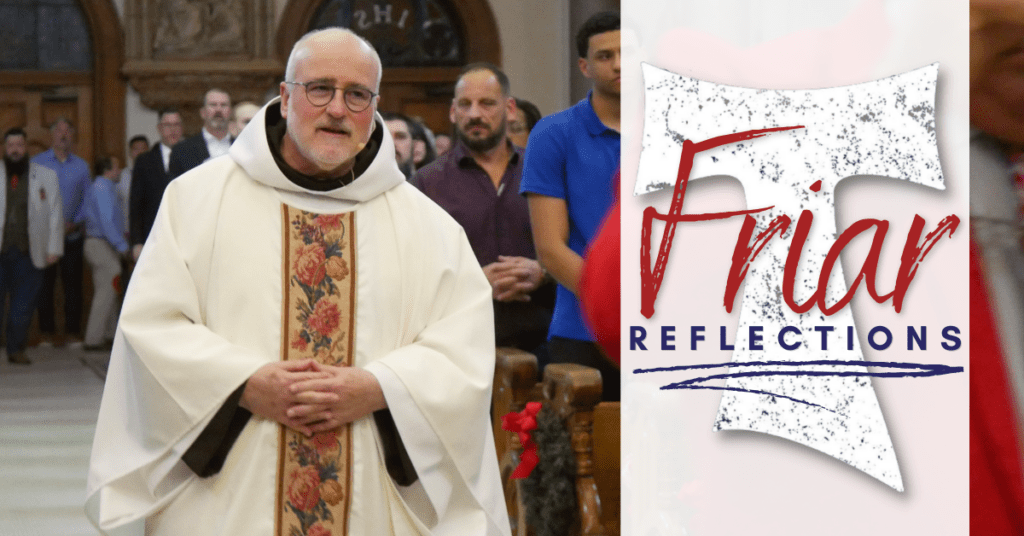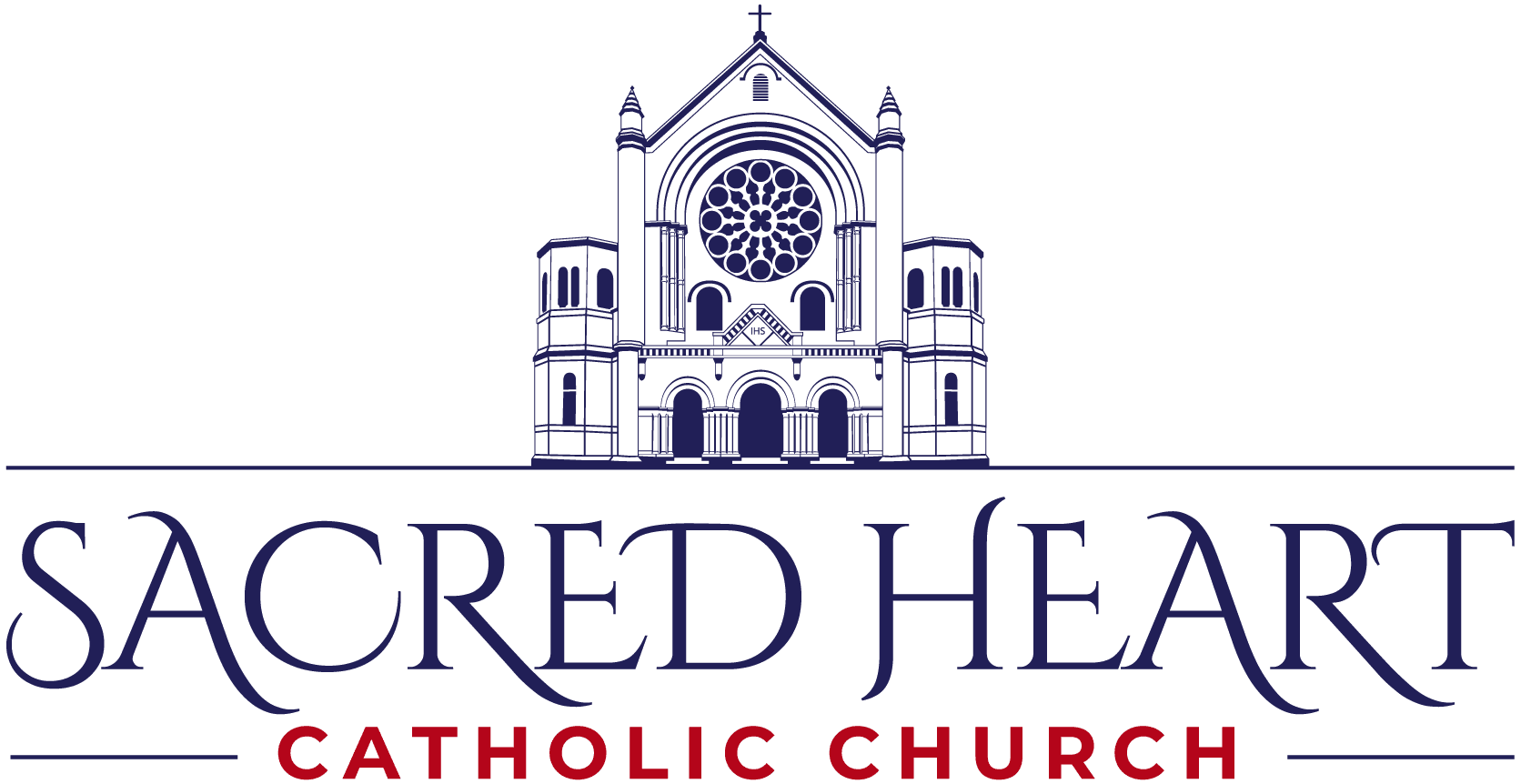
Dear Parishioners,
Our Gospel today has this very simple dialogue:
The two disciples heard what he said and followed Jesus.
Jesus turned and saw them following him and said to them,
“What are you looking for?”
They said to him, “Rabbi” (which translated means Teacher),
“where are you staying?”
He said to them, “Come and you will see.”
So they went and saw where he was staying, and they staying with him that day.
When people begin the study of biblical Greek, the first text from the Bible they read is usually the Gospel of John. The sample printed above from today’s reading from John tells you why: the Fourth Gospel is written in very simple Greek. And the sentences are simple and straightforward in structure.
“What are you looking for?”
“Where are you staying?”
“Come and see.”
The exchange is so simple and apparently ordinary, you may wonder why John included it—especially when these words are the first we hear Jesus speak in this Gospel.
Well, I’d ask that you read the exchange once again, slowly.
What sounds at first like a person annoyed by apparent stalkers, followed with a request for a street address, and then a surprising, but matter-of-fact invitation is really a quite the profound exchange. This usually escapes us the first time we read it, but once you’ve read the full Gospel, you come to realize John’s simple language is much deeper than it appears at first glance.
“What are you looking for?” is actually one of the deepest questions one person can ask another. To paraphrase, “What—really, down deep—are you seeking as your life your life?” Power? Pleasure? Wealth? Relief from loneliness? Relief from pain or hunger? Knowledge? Truth? Love? How do you answer this question right now?
“Where are you staying?”—when asked by persons who are curious about or seeking Jesus, this is a question that is really asking “Where do you come from, Master?” What is the source of your life? Who—really, down deep—are you?” For the word translated “stay,” μένειν or menein, means something deeper than what is your address. In the Gospel of John, this word refers to a person’s source of being and ultimate purpose.
And Jesus’ response–“Come and see” –really, when you know the whole story, means, “Follow me as a committed disciple and you will come to really see (understand and believe) in a whole new way.”
Jesus asks Andrew and the other disciple, “What are you looking for?” This is a telling question, and one that we might often ask of ourselves. John the Baptist testified to Jesus’ identity, the Lamb of God, using the framework of the Old Testament. Andrew, Simon, and the other first disciples were looking for the Messiah, whom they also came to know as the Son of God.
Reflecting on today’s readings, we receive a message that discipleship is far more than an acceptance or adherence to Jesus. It means becoming part of God’s family and requires an abandonment of the past along with a willingness to “see” and “stay.” Jesus dwells with God, and we are invited to make our home there as well. Like Samuel, we are constantly being called into a deeper more meaningful relationship with God. What do we look for and what do we find in Jesus?
Peace and All Good,
Fr. Zack




